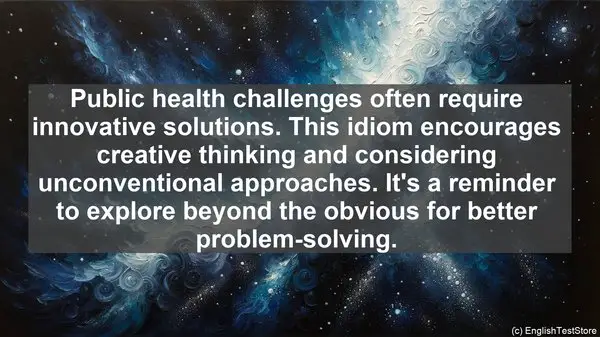Introduction: The Power of Idioms
In the world of language, idioms are like hidden treasures. They add color, depth, and cultural context to our conversations. Today, we’ll explore the top 10 English idioms that every public transportation inspector should know. So, hop on board and let’s get started!
1. Ticket to Ride
This idiom refers to having the necessary authorization or permission to be part of something. Just like a ticket grants you access to a train, having the right qualifications is your ‘ticket to ride’ in the public transportation inspection field.
2. On the Right Track
When you’re ‘on the right track,’ it means you’re doing something correctly or making progress. As an inspector, if you’re following the correct procedures and protocols, you’re definitely on the right track.
3. Off the Rails
In contrast to being ‘on the right track,’ when something goes ‘off the rails,’ it means it’s not going as planned or has become chaotic. As an inspector, your job is to ensure things never go ‘off the rails’ in terms of safety and efficiency.
4. Full Steam Ahead
This idiom signifies moving forward with great energy and enthusiasm. When you’re tackling your inspection tasks with full dedication, you’re going ‘full steam ahead.’
5. Stop Dead in One’s Tracks
Imagine a sudden obstacle on the tracks that forces a train to stop abruptly. That’s the essence of this idiom. If you encounter a major issue during an inspection, it can make you ‘stop dead in your tracks,’ requiring immediate attention and resolution.
6. In the Driver’s Seat
Being ‘in the driver’s seat’ means being in control or having the power to make decisions. As an inspector, you’re often the one guiding the inspection process, putting you firmly in the driver’s seat.

7. Farewell Tour
This idiom refers to someone’s final journey or performance. In the context of public transportation, it can signify the last inspection before a vehicle or system is decommissioned. It’s like the ‘farewell tour’ of inspections.

8. Missed the Bus/Train/Boat
When you ‘miss the bus,’ it means you’ve missed an opportunity or are too late to be part of something. In the inspection realm, missing crucial details or deadlines can be equivalent to ‘missing the bus,’ with potential consequences.
9. Smooth Sailing
This idiom represents a situation that’s going well without any difficulties. When your inspection process is running smoothly, it’s like ‘smooth sailing’ on calm waters.
10. All Aboard!
We end our list with this classic idiom. It’s a call for everyone to get on board a vehicle, but metaphorically, it can mean being ready and prepared for a new endeavor. So, ‘all aboard’ the journey of learning and mastering these idioms!
Conclusion: The Language of Transportation Inspection
English idioms not only enhance our language skills but also provide insights into various fields. For public transportation inspectors, these idioms serve as linguistic tools to express ideas, challenges, and successes. So, keep exploring the vast world of idioms, and soon, you’ll be a master of both transportation and language. Thanks for watching, and until next time, safe travels!


















